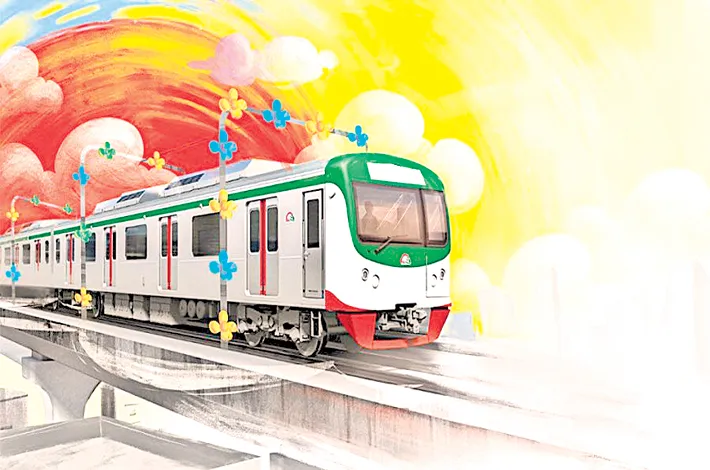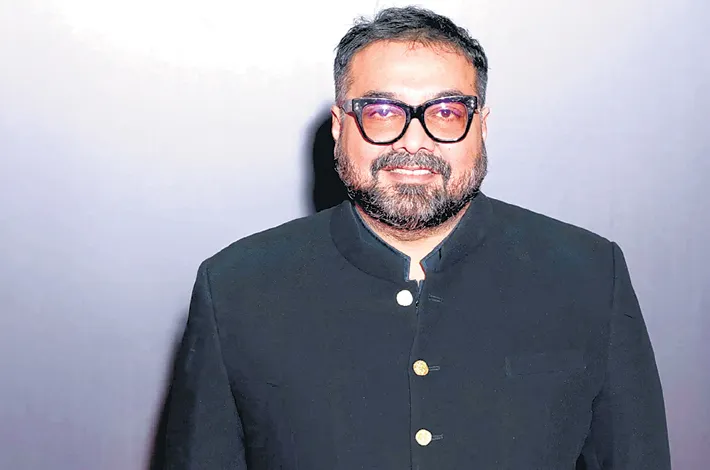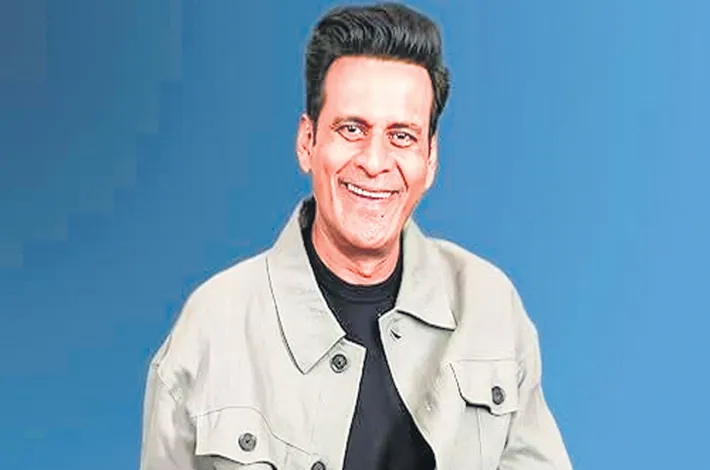Vizag and V’wada metros to operate without overhead electric lines, a first in India
27-07-2025 12:00:00 AM

■ A modular train system beginning with two-car sets, expandable to three or four cars
■ Will be built on a double-decker four-lane flyover model combining road and rail infrastructure, similar to those in Nagpur, Bengaluru, and Chennai
kiranmai tutika I amaravati
Stepping ahead in urban transformation, Andhra Pradesh is gearing up to roll out some of the country’s most advanced metro rail projects in Visakhapatnam and Vijayawada, with completion targeted within three years. The announcement comes as the state positions itself at the forefront of next-generation public transport infrastructure.
Speaking to the media, Andhra Pradesh Metro Rail Corporation (APMRC) Managing Director Ramakrishna Reddy revealed that the upcoming metro systems will feature cutting-edge innovations unseen in any existing Indian metro project. “One of the key advancements is that our metro trains will operate without overhead electric lines, a first in India,” Reddy said. Drawing inspiration from Denmark’s model, Andhra Pradesh will adopt a modular train system beginning with two-car sets, expandable to three or four cars based on future traffic demand.
Adding to the novelty, the metro will be built on a double-decker four-lane flyover model combining road and rail infrastructure, similar to those in Nagpur, Bengaluru, and Chennai. “We are constructing a 20-kilometre-long double-decker corridor, a concept not seen anywhere else in Asia,” he added.
Visakhapatnam Metro Rail Project
The Visakhapatnam Metro Rail Project, under the purview of the Visakhapatnam Metropolitan Region Development Authority (VMRDA), will span three corridors covering 46 km with 42 stations. The project is estimated at Rs.11,490 crore. Similarly, the Vijayawada Metro, managed by the Capital Region Development Authority (CRDA), will be developed in its first phase at an estimated cost of Rs.10,118 crore, covering a total of 32.4 km. To ensure technical precision and timely completion, the Andhra Pradesh Metro Rail Corporation has entered into key consultancy agreements.
The funding model for the metro projects follows a tripartite formula, where 20% of the cost will be borne by the central government, another 20% by the state. The remaining 60% will be raised through low-interest loans from international financial institutions, repayable over 30 years. The state’s share will be managed through contributions from the Visakhapatnam Municipal Corporation and the Capital Region Development Authority (CRDA).
Municipal Administration and Urban Development Minister P. Narayana, in a separate press briefing, emphasized the current government's determination to deliver on its metro promise. He confirmed that tendering for the Vijayawada metro will be completed in a day or two, as the project transitions from planning to execution. Citing the AP Reorganisation Act, he reminded that metro systems in Visakhapatnam and Vijayawada were mandated and are long overdue.








